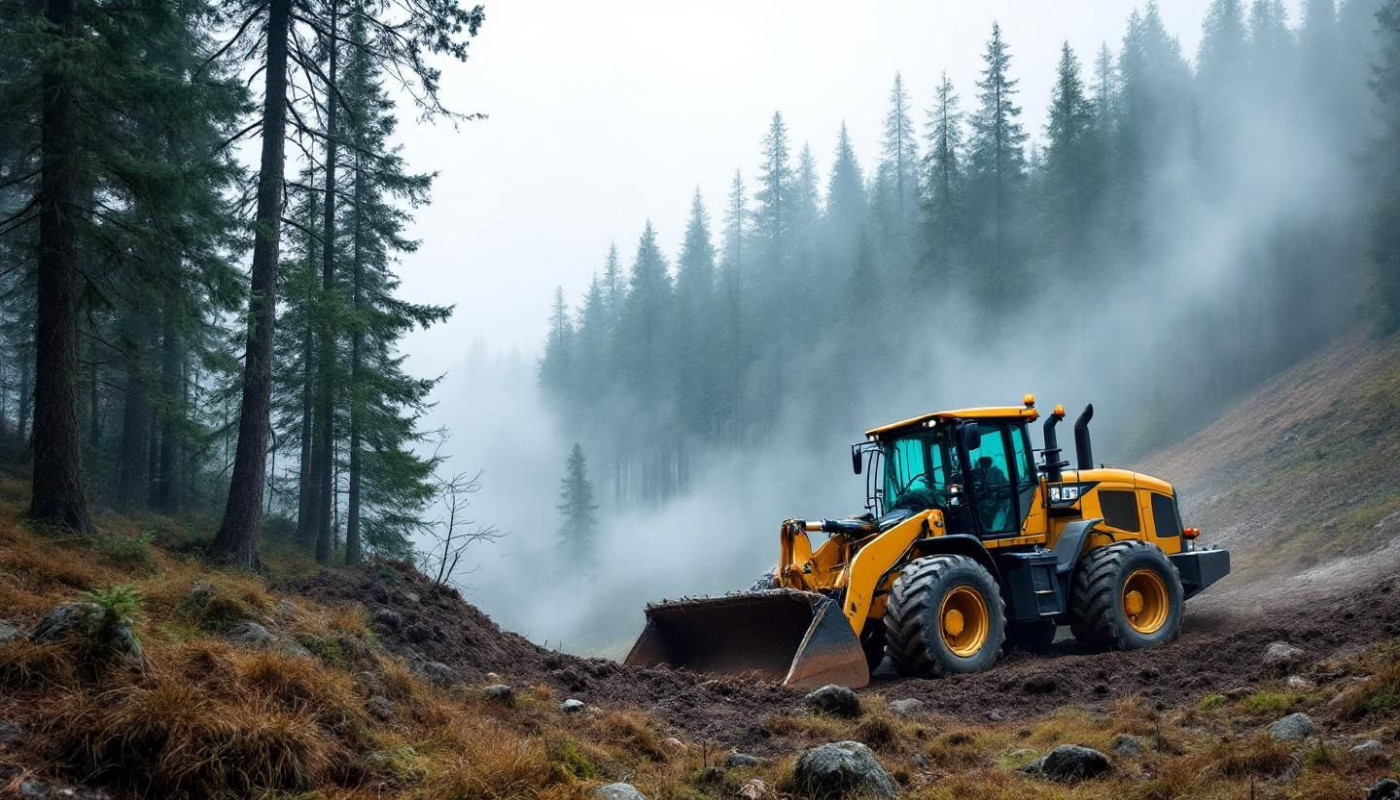Compost, also known as 'organic gold,' holds a secret life that is often overlooked. This humble mix of organic matter plays a key role in nurturing and enriching the environment, while promoting sustainable living. However, do we know enough about this remarkable natural resource? Let's embark on an enlightening journey to uncover the mysteries of composting – its process, benefits, uses, and more importantly; its impact on our planet Earth. Discover how turning your kitchen scraps into nutrient-rich soil can make significant strides towards environmental conservation.
The Science Behind Composting
Composting, in essence, is a natural, biological process that converts organic waste into a nutrient-rich soil conditioner, often referred to as "black gold". The heart of this process is aerobic decomposition. This term refers to the breakdown of organic matter in the presence of oxygen, a process primarily carried out by microorganisms.
The process of composting unfolds in multiple stages, with the thermophilic stage being one of the most significant. This is when composting reaches its peak temperature due to microbial decomposition, resulting in the rapid breakdown of proteins, fats, and complex carbohydrates like cellulose and hemicellulose. The microorganisms at work during this stage are the thermophiles, heat-loving organisms that thrive in temperatures between 40 to 70 degrees Celsius.
Microbial decomposition is a fascinating biological process. It is the process by which bacteria and other microscopic organisms decompose, or break down, organic matter into simple substances. The bacteria involved in composting are aerobic organisms, meaning they require oxygen to survive and function. They feed on the organic waste in the compost pile, and as they do so, they convert this waste into heat, water, carbon dioxide, and humus - the dark, nutrient-rich organic material that makes up the end product of the composting process.
A Soil Scientist or an Environmental Biologist is best equipped to provide in-depth and accurate information regarding this process, given their expert knowledge in organic matter decomposition and soil health.
Benefits That Composting Brings
Composting, the process of organic matter decomposition, provides myriad advantages not only to garden enthusiasts but also to humankind at large. For starters, composting has a profound impact on garden health. The compost, often referred to as 'organic gold,' is a nutrient-rich soil amendment. It enriches the soil with vital nutrients, thereby enhancing plant growth. By improving soil structure, it enhances the soil's water retention ability, promotes the proliferation of beneficial soil organisms, and ultimately, boosts crop yield.
Moreover, composting offers considerable benefits to society as a whole. One of the most significant societal benefits of composting is the reduction in landfill pressures. By composting organic waste, we can reduce the amount of waste that ends up in our landfills. This not only conserves landfill space but also minimizes the emission of harmful greenhouse gases such as methane that are released when organic matter decomposes anaerobically in landfills.
In the words of a well-known Environmental Conservationist, the organic material resulting from composting, known as humus, plays a pivotal role in waste management and environmental conservation. As such, composting, when properly done, contributes immensely to sustainable waste management and eco-friendly gardening.
Similar articles

Best Practices For Using Forestry Equipment In Steep Terrains

The Secret Life of Compost: Organic Gold
